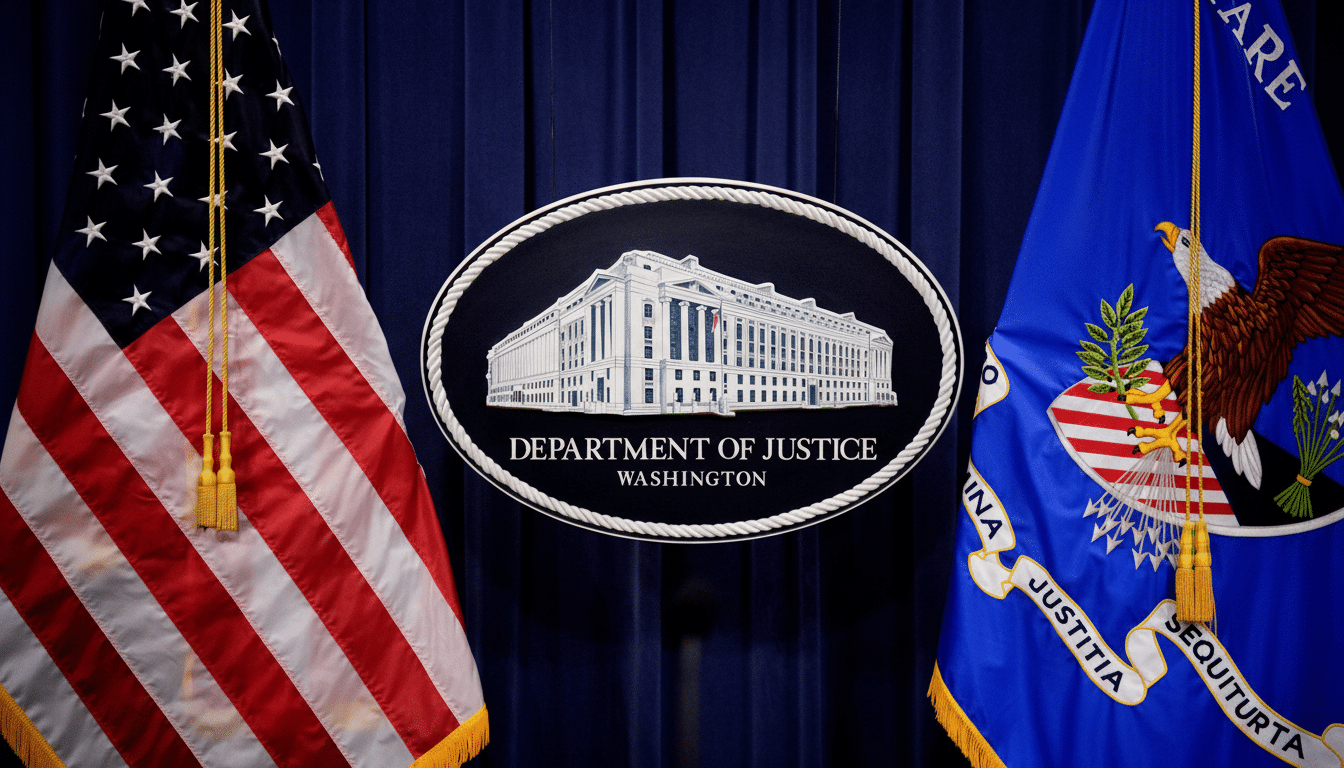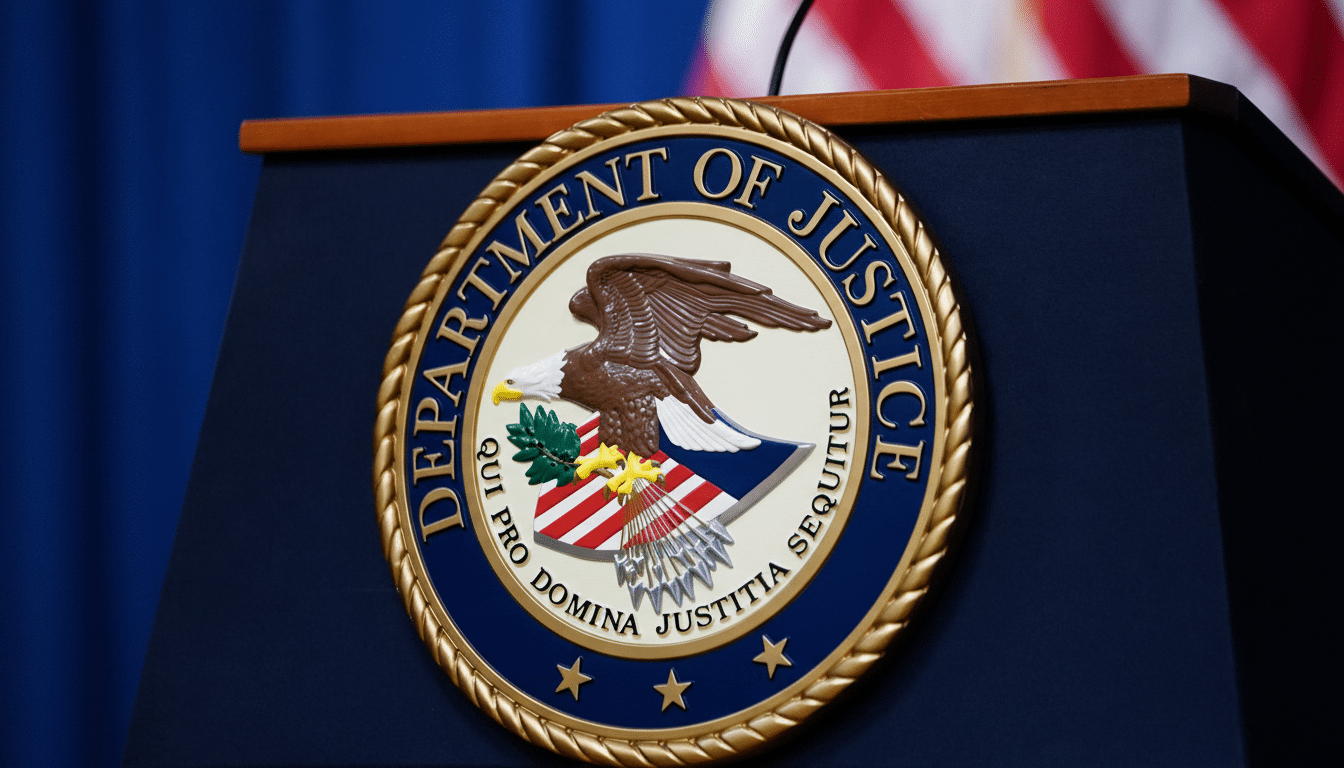The U.S. Department of Justice has filed a civil rights lawsuit against Uber, claiming the ride-hailing platform with violated the Americans with Disabilities Act by refusing to provide service to riders who use wheelchairs and imposing illegal fees. The complaint focuses on allegations that passengers who rely on service animals or stowable wheelchairs are regularly refused rides and dinged with punitive fees when drivers reject trips.
Federal prosecutors say it contributed to economic, physical and emotional harm from the alleged practices, and Uber did not make reasonable policy changes required under federal law.

The lawsuit aims to force changes in company policy and practices as well as monetary payouts for riders affected by the alleged lack of service.
Core Allegations: Denials, Service Animals and Fees
Under the Justice Department complaint, Uber and its drivers “routinely” refuse to give rides to people who are blind or have difficulty seeing (and travel with service animals) as well as passengers who use what they term stowable wheelchairs — all clear no-nos under ADA rules. The filing also cites cancellation fees and other charges assessed when drivers won’t complete trips, essentially punishing the riders they’ve declined.
Prosecutors maintain that the practices are a manifestation of a broader unwillingness to sensibly adjust policies and driver protocols as mandated under the ADA. Among the relief sought is an injunction, civil penalties, and compensation for riders who paid costs after being rejected for service or charged improper fees.
The suit was filed in federal court in the Northern District of California. The Justice Department also adds that it had previously informed Uber that it was probing the company’s treatment of disabled riders, and subsequently, the ride-hailing firm added a tool to its app for riders to self-identify when they were traveling with their service animals.
Uber’s Response, and What They’re Doing Now
Uber says it categorically disagrees with the claims and has a “zero-tolerance policy” for drivers who decline confirmed trips. The company notes, that drivers have to “agree” that they’re in compliance with its U.S. Service Animal Policy and relevant accessibility laws before using the driver app and adds places where it has verified any violations can result in permanent deactivation.
On top of the service animal feature, Uber cites drivers’ awareness levels, reporting tools for riders to report issues and wheelchair-accessible product offerings in certain markets as signs of improvement. However, the lawsuit argues that such measures have failed to eliminate discriminatory effects on the platform.

ADA Obligations and Previous Enforcement
The ADA prohibits private transportation providers from discriminating against people with disabilities, and to make reasonable modifications when that’s what’s necessary for equal access. Service animals aside, refusing a rider over their usage of an assistive device — like a wheelchair or oxygen tank — also violates federal law, and providers can’t levy surcharges based on that person’s disability or the devices they use.
It is not the first time that federal authorities have taken on Uber’s approach. The Justice Department had previously sued over wait-time fees charged to riders with disabilities, leading to a 2022 settlement that paid millions of dollars to more than 65,000 users and required policy changes be made. Sponsored Advocates like the National Federation of the Blind and American Council of the Blind have chronicled a record of thousands of ride denials involving guide dogs and mobility devices companywide over several years.
Why the Case Matters to Millions of Riders
One in four Americans has a disability, the Centers for Disease Control and Prevention reports, and physical mobility limitations are among the most prevalent. Regular availability of ride-hailing can be critical for medical appointments, employment and independence — a missed ride can set off a chain reaction that results in everything from lost wages to postponed care.
Federal transportation surveys, including studies conducted by the Bureau of Transportation Statistics, show people with disabilities make fewer daily trips and experience higher levels of transportation insecurity. Supporters say the stakes are especially high because app-based services can fill in gaps created by spotty fixed-route transit or paratransit — as long as platforms consistently accommodate service animals and mobility equipment.
What to Watch: Remedies, Compliance and Precedent
The Justice Department is asking the courts to order changes, money for people who have been harmed and oversight to ensure continued compliance. They could include better driver training, stricter enforcement of the rules and product changes intended to stop illegal denials and improper charges.
Outside Uber, the case might offer some guidance for how far platform companies are required to go to make sure their vast decentralized networks of drivers comply with the ADA. For riders, the results will be felt in whether accessibility commitments lead to reliable call experiences at the curb, not just promises seen in an app.

